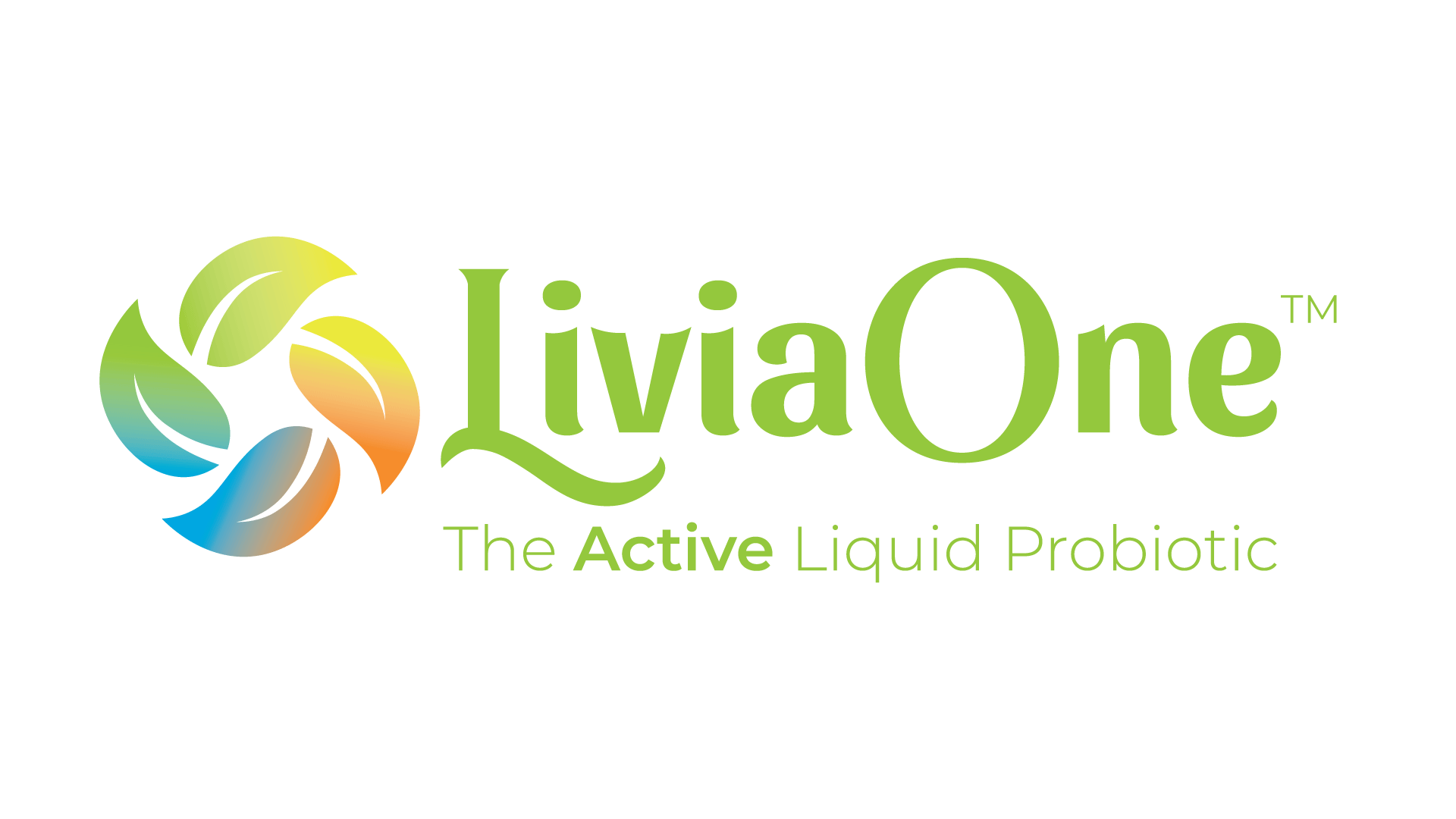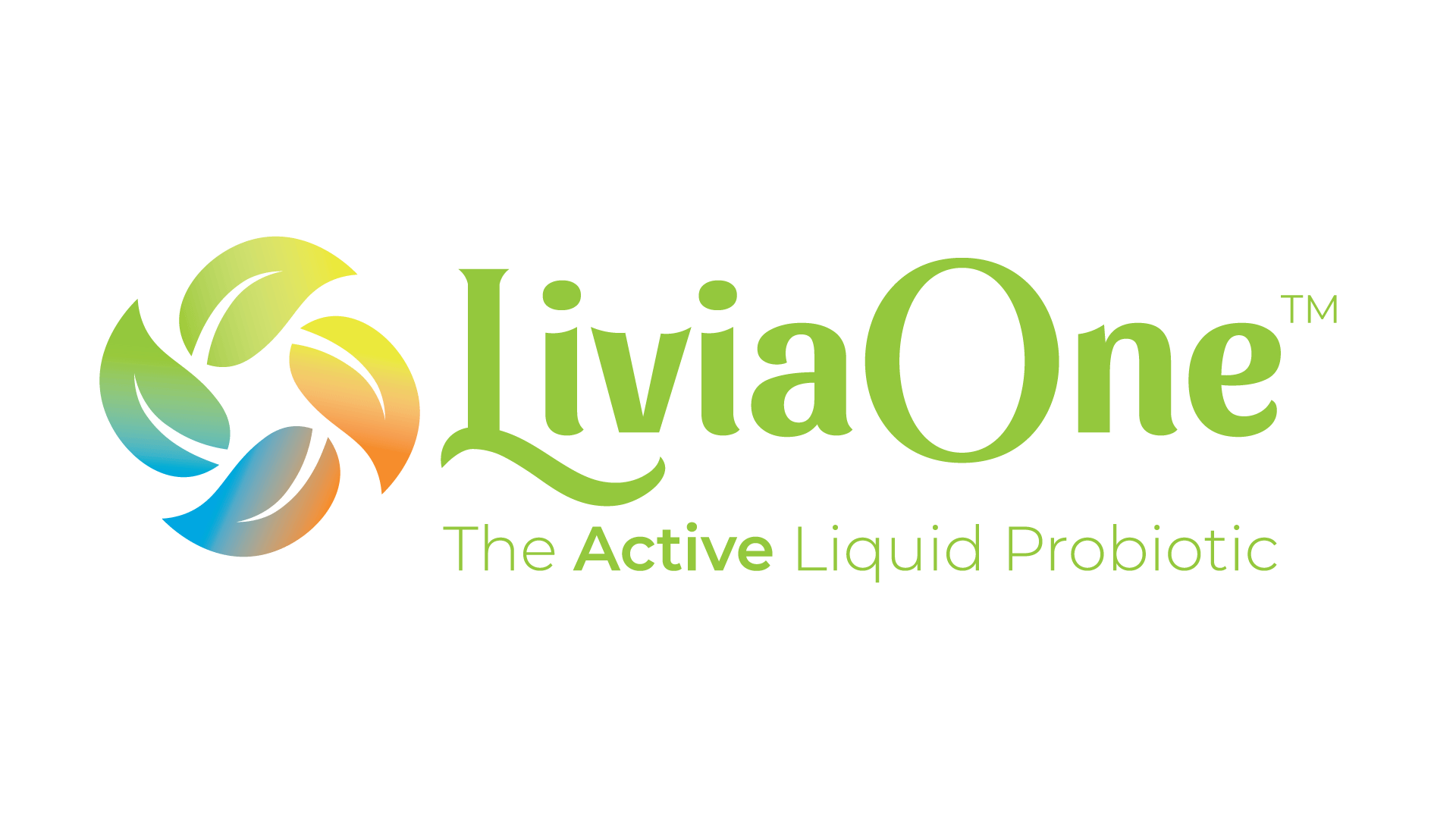Probiotic Supplements
A Brief Introduction to Probiotics
The term "bacteria" probably brings to mind tiny, alien-looking creatures that invade the body and cause disease and illness. Those bacteria do exist, of course, and that's exactly why the other bacteria the "good" bacteria are so important. Probiotics are those beneficial microorganisms, usually bacteria, that live in the body and help maintain the body's health in a variety of ways.
These good bacteria are already present in the human body but their numbers are often too low to maintain a healthy balance. The beneficial bacteria are eliminated in many ways. Like all aspects of the human body, they are affected by unhealthy habits not enough sleep, bad food choices, environmental factors, stress, and those many unfriendly microorganisms which cause infections and viruses.
Another big influence on good bacteria is the use of antibiotics. Though often necessary and even life-saving, antibiotics work by killing bacteria. Unfortunately, antibiotics don't differentiate between good and bad bacteria. This is a major reason that antibiotics often cause diarrhea; those good bacteria that maintain a healthy intestinal tract are eliminated right along with the disease-causing bacteria.
How Does the Human Body Get Probiotics?
Fortunately, along with being maintained through a healthy diet and eating fermented foods, probiotics are also available as supplements. The growing probiotic industry provides supplements in the form of capsules, tablets, powders, and liquids. There
How Can You Possibly Tell Which Manufacturer Makes the Best Probiotic Supplements?
Choose a reputable manufacturer. How the supplements have been manufactured and stored will determine their usefulness, so a national, well-known manufacturer's name is often worth a lot. Probiotics that are made and packaged cheaply may not contain live bacteria by the time you purchase them. This site offers in-depth probiotic supplement reviews about many of the products available to purchase in today's marketplace.
Probiotic supplements should be sold in HDPE (high-density polyethylene) plastic or glass containers, which prevent oxygen from affecting the supplement. As anaerobic substances, probiotics may be damaged by exposure to oxygen. The label should certify that they were "not centrifuged." Ideally, the supplement will have been refrigerated, as this prevents harmful exposure to heat and sunlight. Some newer probiotics can now maintain their stability un-refrigerated for up to two years, but it is still a good idea to refrigerate your supplements.
The product will specify how many viable organisms that supplement should contain, usually by listing the amount per billion bacteria of each individual strain. Recommendations vary, but each dose should contain between one and ten billion live cells and possibly even more. These amounts not only vary by opinion, but also by which bacteria are being considered. In general, as long as the manufacturer is reputable, the higher the number of viable organisms, the better.
Always check the expiration date before purchasing. The amount of organisms listed in the product information is the
What Are the Different Forms of Probiotic Supplements?
The best form of probiotic supplement is the capsule. Bacteria in liquid supplements do not remain viable for more than a few weeks. Powders are exposed to moisture and oxygen every time the container is opened. There are instances when powders are useful, however, particularly when used for an adult or child who has difficulty swallowing pills. The container should always be tightly closed and stored in a cool, dry place. Probiotics in any form should not be mixed with or taken with chlorinated water, as the chlorine will kill the bacteria.
Capsules have a built-in defense against moisture, oxygen, and other harmful contaminants. Capsules are also the preferred form of probiotics supplements for the same reasons they are the preferred form of other supplements and medicines they require no measuring, travel well, and are easy to use. Chewable tablets are often the best choice for children and the elderly. Vegetarians and vegans will also favor chewable tablets over capsules, whose coating is often made from gelatin, an animal product.
Wow, all that information, but one of the most important questions remains. Which of the beneficial bacteria will be the most helpful to you? First, let's explore how health improves from the use of probiotics.
What Are the Benefits of Using Probiotic Supplements?
Probiotics' most well-known and obvious function is to aid in digestion. By taking up space and food in the intestinal tract, they leave no room or nutrients for those bad bacteria. Those bad, diarrhea-causing bacteria travel on through the body and are eliminated harmlessly. Because probiotics assist in the absorption of nutrients and speed up digestion, they regulate bowel activity, helping to lessen waste and eliminate waste more quickly.
They also aid in the digestion of milk products. Several probiotics, such as Streptococcus
As more studies are undertaken, more benefits of probiotics are being substantiated. The latest research has shown them to have great promise in reducing cholesterol. They also decrease the number of carcinogenic compounds in the intestinal tract by preventing nitrates from being turned into cancer-causing nitrites by harmful bacteria. Probiotics fight yeast and fungal infections, help prevent skin problems, and deter the growth of a variety of pathogens. They stimulate the function of the immune system, assist in liver function, help maintain pH balance, and help produce B vitamins and vitamin K.
Which Probiotic Species Are Right for You?
Specific probiotics can be used to treat allergies, asthma, diarrhea, irritable bowel syndrome, indigestion, yeast infection, periodontal disease, and so many more illnesses even the common cold. The symptoms or development of many of these problems can be alleviated by taking a general purpose probiotic supplement that might include several bacteria. In The Wonder of Probiotics, John R. Taylor, N.D. recommends a supplement with at least five of twelve particular probiotic species. The first of those is Lactobacillus acidophilus DDS-1, the basis for any probiotic program. The others include Lactobacillus
Probiotic supplements have been shown to be extremely safe for adults and children. Constipation and flatulence are the only typical side effect, both of which disappear as the body adjusts to the new bacterial balance, usually after just a few days.
Probiotics have even expanded into products for pets. Many of the same factors that affect the human digestive tract also cause changes in the gastrointestinal health of dogs and cats. Stress often results from thunderstorms, being left alone for extended periods, new household members, or moving to a new location. Probiotics help animals produce enzymes, which are destroyed in the manufacturing of most pet foods. Probiotics aid dogs and cats in all the same ways the good bacteria help humans. Pet supplements should contain at least three or four probiotics species, along with enzyme supplements of amylase, lipase, peptidase, and protease.
The value of probiotics is becoming more widely accepted by the medical community. In the foreword to Probiotics: Nature's Internal Healers, Dr. Michael McCann writes, "Probiotics will be to medicine in the twenty-first century as antibiotics and microbiology were in the twentieth." As more research is conducted, it is becoming clear that probiotic supplements are not just an option for a healthy lifestyle, but a necessity.
REFERENCES:
All Star Health. (2009). How to Choose and Use a Probiotic Supplement.
ConsumerLab.com. (2009).
Cornblatt, Johannah. (2009). Newsweek. New Report Claims That Many Probiotics Contain Fewer Live Cells Than Listed on Label.
National Institutes of Health: National Center for Complementary and Alternative Medicine. (2009). An Introduction to Probiotics.
Taylor, John R. and Mitchell, Deborah. The Wonder of Probiotics. New York, NY: St. Martin's Press, 2007.
Trenev, Natasha. Probiotics: Nature's Internal Healers. Garden City Park, New York: Avery Publishing Group, 1998.
For more information:
 A complete description of probiotics, along with groundbreaking recent clinical research illustrating the many ways probiotics can prevent disease, can be found in Probiotics - Protection Against Infection: Using Nature's Tiny Warriors To Stem Infection. This new compendium from one of contributing authors of the content on this page, Dr. Casey Adams, PhD., takes the confusion out of selecting and supplementing with probiotics. Referencing over 500 scientific studies and reports, and with detailed instructions on how to make your own probiotic foods, this book is a must for anyone seeking to understand the power of
A complete description of probiotics, along with groundbreaking recent clinical research illustrating the many ways probiotics can prevent disease, can be found in Probiotics - Protection Against Infection: Using Nature's Tiny Warriors To Stem Infection. This new compendium from one of contributing authors of the content on this page, Dr. Casey Adams, PhD., takes the confusion out of selecting and supplementing with probiotics. Referencing over 500 scientific studies and reports, and with detailed instructions on how to make your own probiotic foods, this book is a must for anyone seeking to understand the power of
Please read this Disclaimer:
The contents of this site, such as text, graphics, images, information obtained from www.Probiotic.org licensors and other material ("Content") contained on this site is for informational purposes only. The Content is not intended to be a substitute for professional medical advice, diagnosis or treatment. Always seek the advice of your physician or

